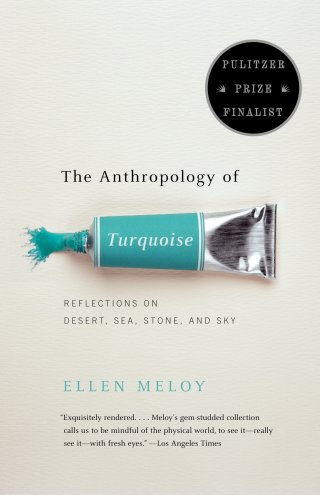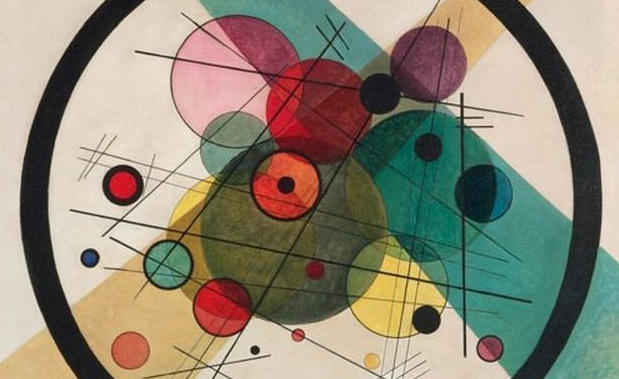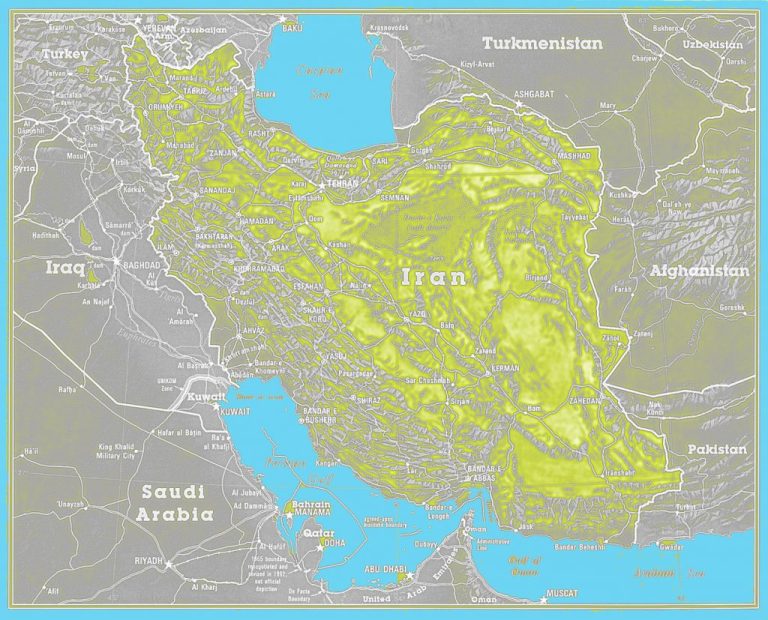“Like all profound mysteries,” the Scottish poet and mountaineer Nan Shepherd wrote as she regarded the might and mystery of water, “it is so simple that it frightens me.” Across the Atlantic, contemplating the ocean as a lens on the meaning of life, the poetic marine biologist Rachel Carson reverenced Earth’s waters as a portal to comprehending “our place in the stream of time and in the long rhythms of the sea… in which there is no finality, no ultimate and fixed reality.”
“Every story is a story of water,” the Native American poet Natalie Diaz wrote in her stunning poem “lake-loop.” Water is central to the creation myths of every indigenous culture, central to Bruce Lee’s metaphor for resilience, central to the pulse-beat of life on this Pale Blue Dot.
Midway through her exquisite inquiry into the conscience of color, from chemistry to culture, Meloy writes:
The sea holds an abundance of comfort and inspiration and danger, all that a person needs in order to rise to the full largesse of beauty. It seems that if you allow this beauty to become a blank, if you turn your back to the blues and deny your dependence on them, you might lose your place in the world, your actions would become small, your soul disengaged.
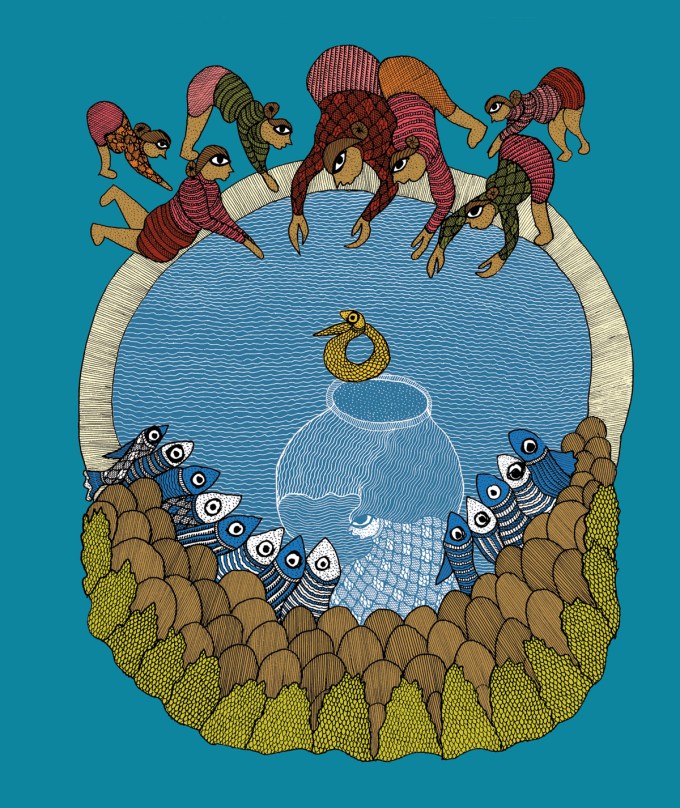
There is abundant water here in the Yucatán — ocean, marsh, lagoon, underground rivers, cenotes (natural wells where freshwater surfaces), a tropical forest swollen with transpiration. Storms bring a hurricane’s eyewall of torrents or nothing at all; even jungles have droughts. By invasion and sheer presence, the sea pushes itself into what is drinkable and what is heard, or what you miss hearing when you are distant from the surf.
In a sentiment evocative of Rachel Carson’s scientific-poetic serenade to the blues of the sea, Meloy adds:
As a desert dweller, I believe that water is a truer entry to Place. In the West, aridity defines us.
A generation after her, Ellen Meloy (June 21, 1946–November 4, 2004) — another uncommonly lyrical observer of the natural world, who channeled the native poetry of its processes and phenomena in her perceptive prose — celebrated water as a portal to transcendence in a passage from The Anthropology of Turquoise: Reflections on Desert, Sea, Stone, and Sky (public library) — the slender masterpiece that came to life months before her untimely death.
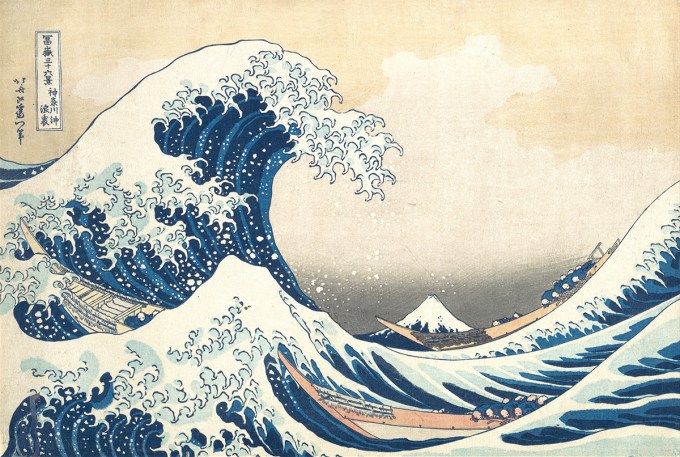
Complement this small fragment of Meloy’s wholly soul-slaking The Anthropology of Turquoise with We Are Water Protectors — an illustrated celebration of nature, Native heritage, and ecological responsibility — then revisit Olivia Laing on life, loss, and the wisdom of rivers.
